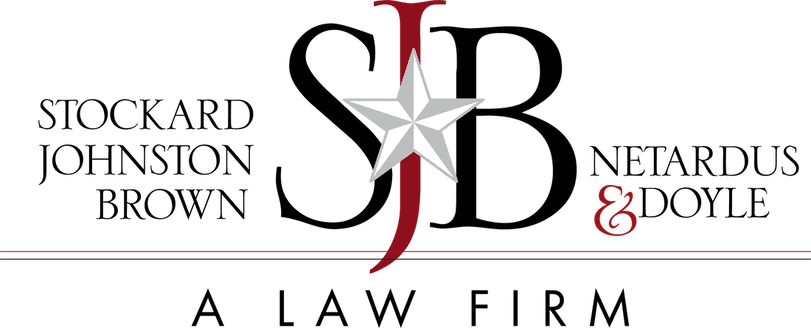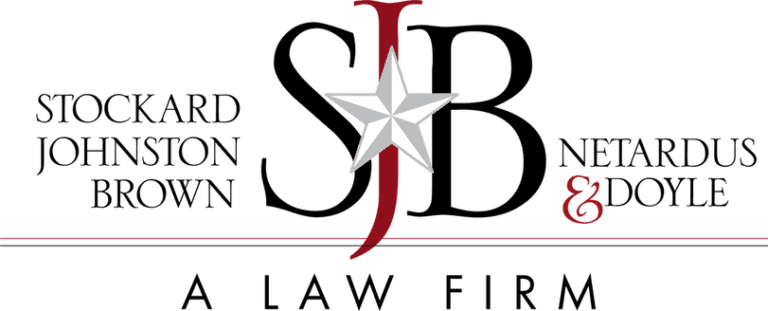Social media will celebrate its tenth anniversary this coming year. It’s a rare event when something not only changes the way we communicate, but also begins a long-term legal transformation simultaneously. These changes and transformations brought new attention and focus on the dangers of social media. When a turning point redefines the legal system in a relatively short amount of time, that redefining factor deserves to be highlighted.
Is Social Media Dangerous?
From a legal standpoint, social media has left a lot of grey area in its wake. Some changes are obvious; communications on Facebook, Twitter, and other similar platforms are not privileged. Due to the open nature of the site, the privacy of your posts is not guaranteed. Social transparency is the point of having these accounts. You can control what you say; you can’t fully control who sees it. The nature of these sites being what it is; lawyers offer this word of caution: be careful what you post online. Whenever possible; keep locations, check-ins, and photos out of the conversation.
Detailed attention has been given to stopping child predators and other cyber-crimes ever since the World Wide Web cast a worldwide net and exposed certain legal vulnerabilities. The question that is left largely unanswered is: what about the vulnerabilities closer to home?
For instance:
- Who owns a social media account if it is setup using a company’s name or contains a large amount of information/opinions about the company?
- Should employees be hired and fired based on the content of their social media accounts?
- Are these posts admissible in court?
- Can someone use your image and information without your express permission?
Issues of: privacy, comparative ownership, concerted activity, and legal discovery illustrate that there are uncharted waters ahead for the American legal system.
How Can I Be Safe on Social Media?
Some of these issues have been settled; others have not. The National Labor Relations Board (NLRB) is expected to rule on the side of the employee when it comes to an employer’s hiring and firing policies. The new best practice: you cannot hire or fire an employee based on the content of their social media accounts. The contents and postings thereof, are considered “concerted activity” among employees, which is protected by federal law.
Additionally, we’ve already seen an increase in the use of social media in court cases. That evidentiary role is expected to continue, but determining rightful ownership or how privacy laws may be altered remains to be seen. In the end, what does all of this mean for social-savvy businesses and individuals? Since some of the legal repercussions are still up in the air, it means that every case needs to be looked at individually.
In other words, social media law requires the advice of legal professionals like, Stockard, Johnston, Brown, Netardus & Doyle, P.C. in Amarillo, Texas. In fact, it may be wise to get some legal advice before you foray too deeply into social media in the first place.
Either way, proceed with caution and watch your words.

